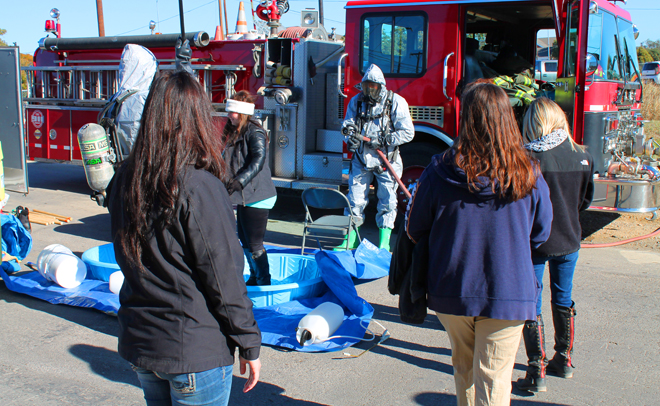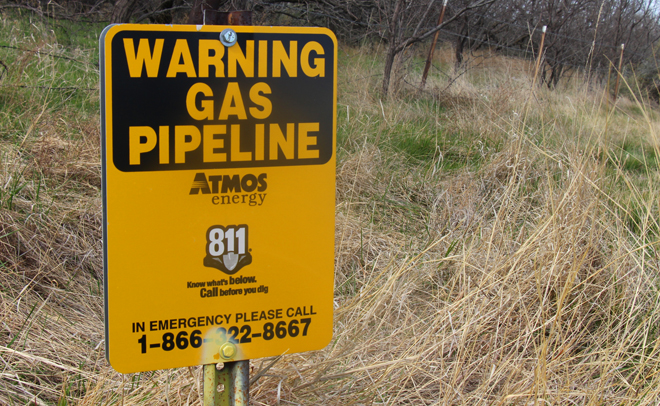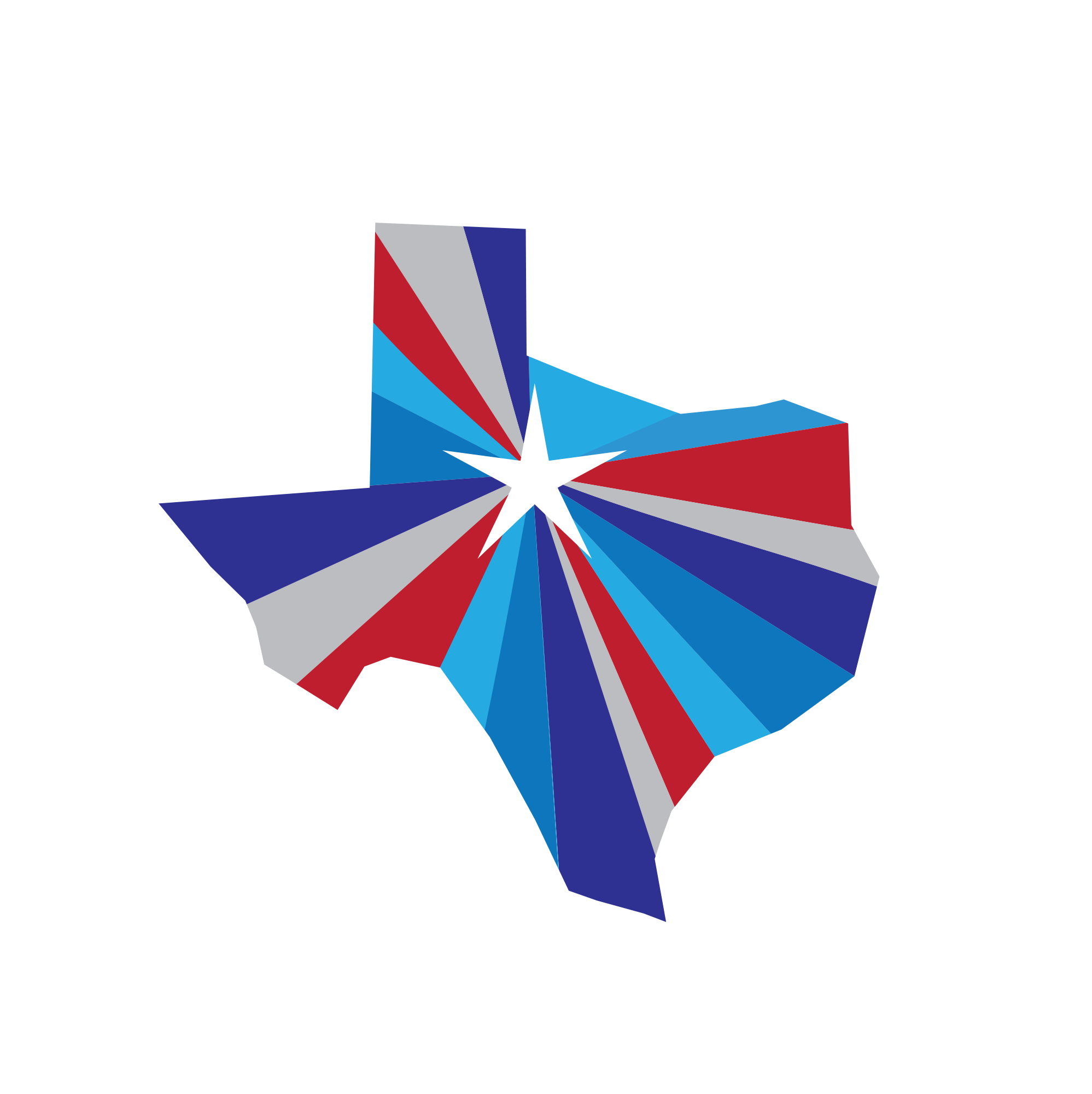Protecting The Lives Of West Central Texans

Our Mission
The Department of Homeland Security has provided grants to be distributed to regions and local jurisdictions for the purchase of specific types of equipment to further the goal of preparedness. The West Central Texas Council of Governments region has received funding since 2004.

Hazard Mitigation
Hazard Mitigation is the process of identifying and addressing hazards with plans to reduce the loss of life and property in the event of natural disasters, and to enable mitigation measures to be implemented during the immediate recovery from a disaster.
Hazard mitigation planning is an important aspect of a successful mitigation program. States and communities use the hazard mitigation planning process to set short and long-range mitigation goals and objectives. Mitigation planning is a collaborative process whereby hazards affecting the community are identified, vulnerability to the hazards are assessed, and consensus reached on how to minimize or eliminate the effects of these hazards. In recognition of the importance of planning, states with an approved enhanced State Mitigation Plan in effect at the time of disaster declaration may receive additional HMGP funding.
The Department of Homeland Security has provided grants to be distributed to regions and local jurisdictions for the purchase of specific types of equipment to further the goal of preparedness. The West Central Texas Council of Governments region has received funding since 2004.

Pipeline Safety
SMART DIGGING means calling 811 before each job. Whether you are a homeowner or a professional excavator, one call to 811 gets your underground utility lines marked for FREE. Are you planning some home improvements this year? Do you want to plant a tree, or maybe add a new porch? PLEASE STOP… before you go further see what you need to know first.
Were you aware that our country is crisscrossed with more than 2.3 million miles of underground pipelines? Experience shows that informed communities play a vital role in the safety and reliability of pipeline operations.
The West Central Texas Council of Governments Pipeline Safety and Awareness project serves as an assistive and educational resource throughout its 19 county area. Pipeline companies are mandated by Federal law to provide ongoing safety awareness programs to the general public, appropriate government officials, schools, organizations and any persons engaged in excavation related activities in regards to safety. This project serves in a collaborative effort to assist in promoting pipeline safety awareness.
Counties Served
Before you plan to do any digging, please contact the Texas 811 to educate yourself about pipeline laws which will help keep you and our pipelines safe.
If You Detect A Pipeline Leak
DON'T
DON'T
DON'T
DO
Leave the area immediately. Warn others in the area.
DO
DO
DO
once you are clear of the danger area.
* Even a cell phone can cause a spark.

